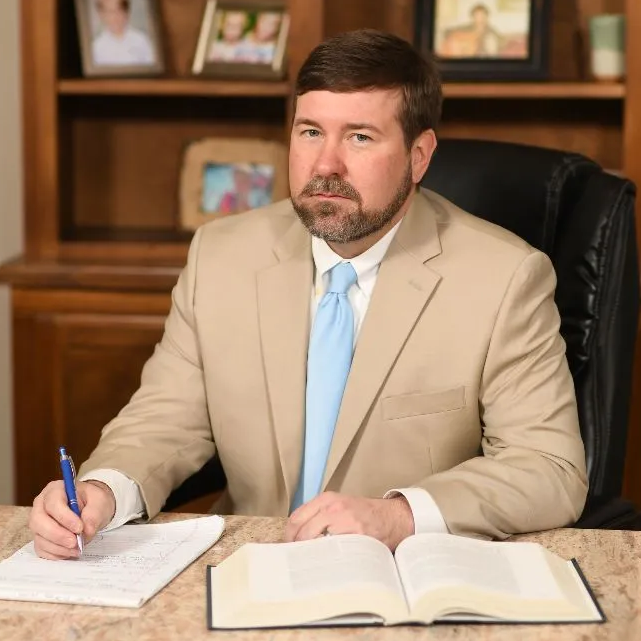Will vs. Trust
There are a lot of decisions that you have to make about your assets when estate planning. Wills and trusts are an important step in planning for the future. They can determine how your assets are handled and distributed.
Wills and trusts are frequently talked about together, but they’re very different. Before using one option for your entire estate planning, you should understand how they both function. While they can accomplish similar things, there are some major differences.
An estate planning attorney can help you understand estate planning tools and how they can function with the assets in your estate. Working with an estate planning attorney, you can create a plan for the future that you feel comfortable with.
Contact Campbell Law today to learn more about estate planning and how we may be able to help you through the process of creating an estate plan.
What Is a Will?
A will is a legal document that designates assets for distribution to your beneficiaries after your death. With a will, you can select the recipients for any assets that are part of your estate.
Wills can be simpler and more direct than other estate planning options. Having a will can be a good idea if you’re married, have dependents or children, or own property.
What Is a Trust?
A trust allows for greater flexibility and control over the distribution of your assets. In a trust, you can stipulate how and when your beneficiaries will receive assets.
You can manage and distribute assets in a trust while you’re still alive, and trusts are often used to protect your assets. They also make it easier for your beneficiaries to assume control of assets upon your death.
Assets that are in a trust are not subject to probate. Avoiding the probate process can help your beneficiaries save time and money and keep your assets private. The probate process is listed in the public record; assets that do not go through probate won’t be listed publicly.
Trusts vs. Wills
Trusts and wills are both legal instruments that you can use to make sure that your assets are distributed according to your wishes.
A trust is an extra step you can take when distributing your assets. Having a trust can be a good idea if you have a large or complicated estate or need more control over the distribution of assets.
Having a will is important if you have any assets. It’s important to understand your state’s probate threshold. Assets over a certain value will trigger a longer probate period. Distributing assets in your will could help your loved ones avoid a long probate process.
As of early 2025 In Mississippi, estates under $50,000 are typically exempt from the probate process.
Depending on the specific details of your estate and financial situation, you may need a will and a trust. Your will can be used to distribute any assets that aren’t in your trust.
Wills don’t apply to joint assets. Any jointly owned assets will automatically transfer to full ownership by the surviving co-owner.
Trusts have to be funded. When you sign your trust, your assets will be transferred into it and retitled into the name of the trust. Having the trust's own assets allows you to distribute them while you’re still alive.
Contact an Estate Planning Attorney Today
Wills and trusts are an important aspect of estate planning. They can help you prepare your estate for the future.
It’s important that you understand the difference between estate planning tools and what is the best fit for your situation. Depending on the size and complexity of your estate, you may have different estate planning needs.
Our estate planning attorneys can help you determine the best plan for your estate and your wishes.
Schedule a consultation today to learn more about how we may be able to help you.

Jason E. Campbell
Attorney
Attorney Jason E. Campbell was born and raised in Greenville, Mississippi, and serves clients in the northern and central Mississippi areas with divorce, custody, criminal, and personal injury legal services. A graduate of Delta State University and Florida Coastal School of Law, Jason is dedicated to helping his clients throughout the legal process with compassion and determination.


